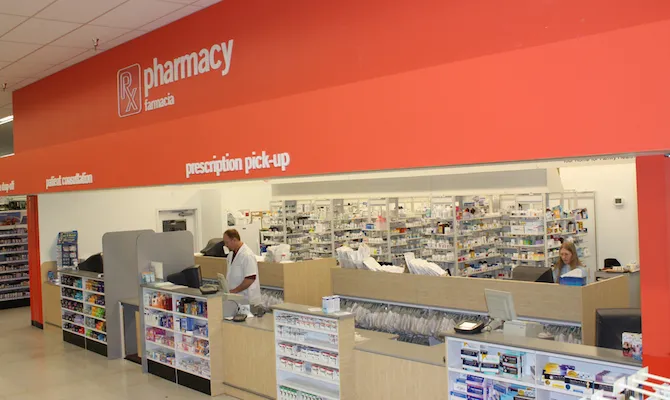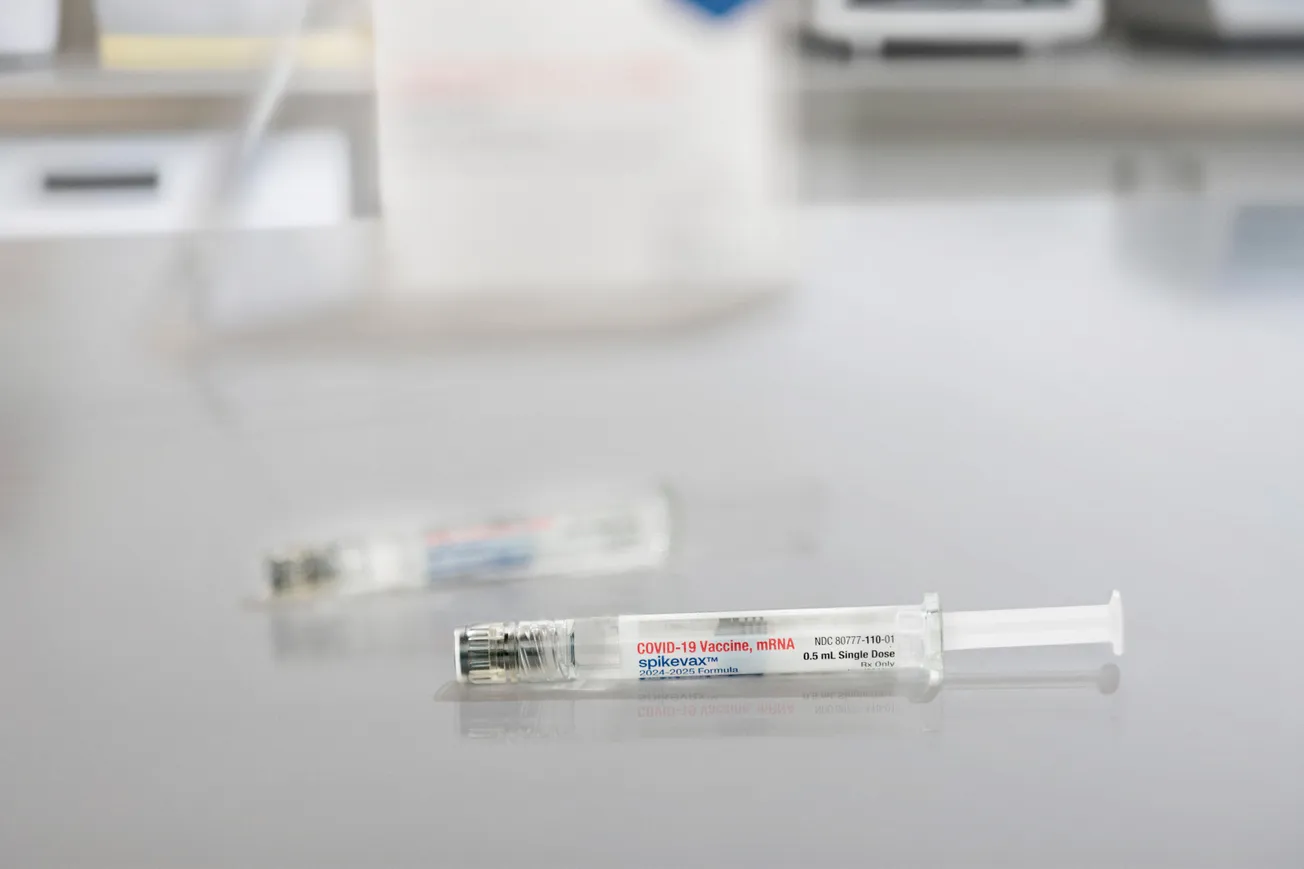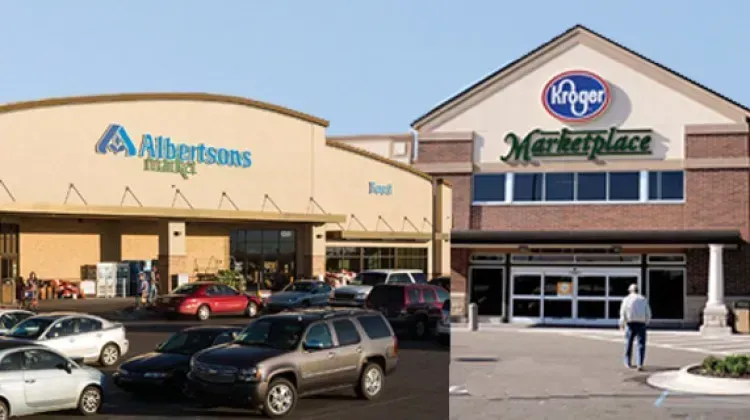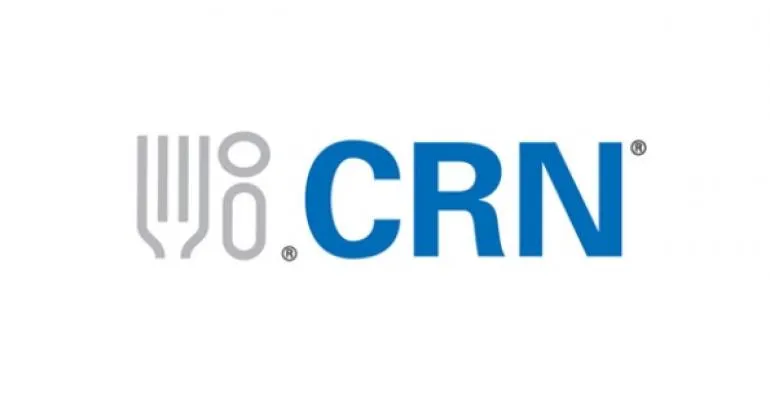WASHINGTON — The National Association of Chain Drug Stores (NACDS) and the National Community Pharmacists Association (NCPA) have proved they remain vigilant in communicating with Congress on not increasing Tricare pharmacy co-payments.
In a letter this week to the chairmen and ranking members of the House Armed Services Committee and the Senate Armed Services Committee, NACDS and NCPA reiterated concerns about the impact co-pay increases could have on Tricare beneficiaries.
The two trade organizations said in their letter that when the Congressional Budget Office reviewed the Senate version of the FY2016 National Defense Authorization Act, it found that “co-pay increases would result in an increase of over $1 billion in federal spending for medical services, particularly in Medicare.” In addition, the letter stated that the proposed co-pay increases in the Senate version of the FY2017 NDAA “would double, and in some cases nearly triple, the amount of money a Tricare beneficiary would be required to pay out-of-pocket to get their prescriptions filled.”
NACDS and NCPA urged the conferees to protect Tricare beneficiary access to prescription medications by adopting the House position, which does not include an increase in pharmacy co-payments.
They noted in the letter that Tricare patients are already worried about gaining access to the services they need, and cited a report from the Military Compensation and Retirement Modernization Commission that emphasized how important it is for Tricare beneficiaries to have choice and access to care, and recommended policies that would engender access to those essential parts of the military health care system.
In the letter, NACDS and NCPA pointed out that co-pay increases put greater burdens on Tricare patients and “unfairly penalize Tricare beneficiaries who prefer to use local pharmacies.” The increases also carry unintended consequences that occur when patients do not adhere to their medication regimen. A lack of medication adherence can have negative effects on health care outcomes and cause an increase in more expensive medical options, such as emergency room visits and trips to the doctor’s office.
NACDS and NCPA underscored the critical need to ensure patients have uninterrupted choice and access to the care they need.









